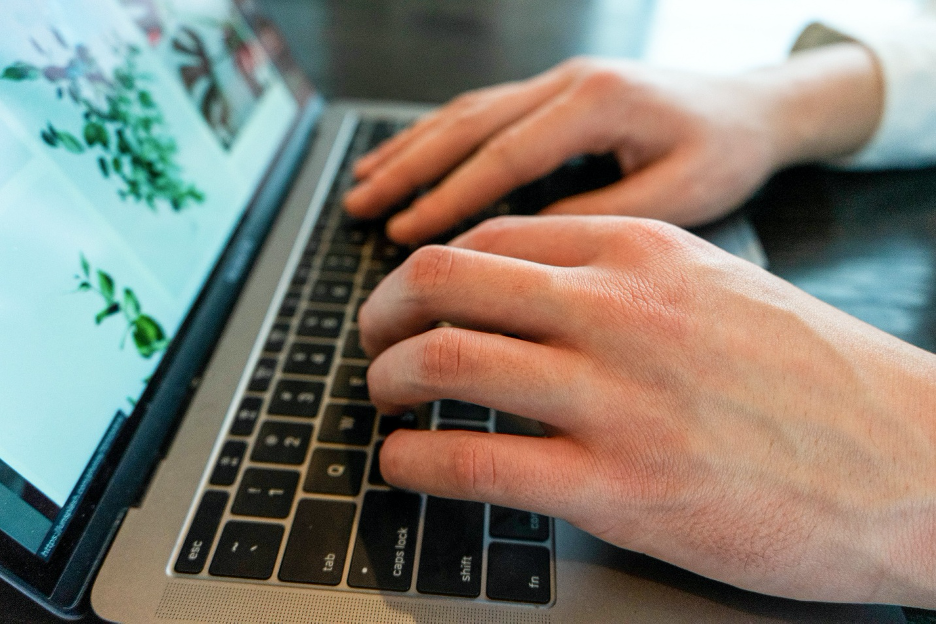The COVID-19 pandemic has created a need for remote workers and telecommunication, and these two often go hand-in-hand. Programs like Zoom and Discord are now commonplace. However, this newfound popularity in remote working tools comes with its own set of problems.
Cybercriminals take any opportunity they get to steal someone’s information, and the rise of telecommunication has given them new opportunities–a new playground for their scams and attacks. And since programs like Zoom have had inadequate security items previously, many users are falling victim to these cyber-attacks.
As a freelance writer, it is critical you do whatever you can to increase your cybersecurity knowledge and practice proper cybersecurity etiquette. If you don’t, you and your clients’ data run the risk of being stolen. Fortunately, there are many ways to protect your data, a few of which we’ve listed below:
1. Keep Your Devices Updated
Staying one step ahead of companies and developers is what cybercriminals do best; it’s almost impossible for app developers to account for every security flaw in their program. This is why many app updates contain security fixes.
Old versions of apps and software contain security flaws, bugs, and holes, meaning they’re not safe to use, so keep your devices updated at all times. And since freelancers are at home most of the time, it’s easy to carve out a chunk of your time updating your devices. Take a break during an update! Just make sure your devices get updated frequently.
2. Encrypt your Communication
We tend not to think about our vulnerability while surfing the Internet, but the truth is, we’re almost always vulnerable in some shape or form. One reason we are vulnerable while on the Internet is because we don’t encrypt our data.
Cybercriminals love unencrypted data–it’s easy to steal, read, and take advantage of. As a result, you’ll want to encrypt your data as often as possible. But how? Does encrypting data sound like hard work?
Fortunately, encrypting your data is as easy as using a VPN. A VPN (a Virtual Private Network) actively encrypts your device’s data and hides your IP address, making it difficult for anyone on the network to see your activity or intercept your data. And “anyone” includes your ISP, government, and users on the network.
3. Always Keep a Backup
Everyone should keep backups of their data, and this goes double for freelancers. Imagine losing your 5,000-word article because your power went out! No one wants to go through that. But should you use cloud-based backups?
Well…kind of. Cloud-based backups are convenient, but they lack the security of a local hard drive and–if found by a skilled cybercriminal–can even hack into those files, either through your account or through the server itself.
This is why I recommend keeping all of your data backed up on a local external hard drive.
4. Scan your Network
Freelancers spend a large chunk of time on their own network. And while this sounds fine, the truth is that we often lack the security tools businesses use in their own workplaces. And this means freelancers often work on unsecured networks.
And while some of the tools mentioned help with that, those are reactive, only fixing an issue once discovered. Freelancers need to be proactive and solve problems before they become problems.
Scanning your network is an excellent way to stay proactive. Certain network scanners allow you to find any security flaws in your network so that you know what needs fixing and adjusting.
5. Use Unique Passwords
User accounts contain often-personal information that, if dropped in the hands of a cybercriminal, could result in identity theft, fraud, and worse. For this reason, everyone should use strong, unique passwords for all of their accounts.
Using strong passwords–passwords that incorporate symbols, numbers, are 10+ characters long, and vice versa–is key to keeping your accounts safe. Cybercriminals will have a harder time getting into these accounts and, as a result, will probably drop you and move on to someone else.
Conclusion
The past decade saw freelancing become a viable career path for many around the world, and the COVID-19 pandemic has only cemented the work-from-home lifestyle. However, freelancers still must focus on their individual security since they don’t have a company to do that for them. Fortunately, practising proper cybersecurity is as easy as downloading a few programs and staying vigilant.





